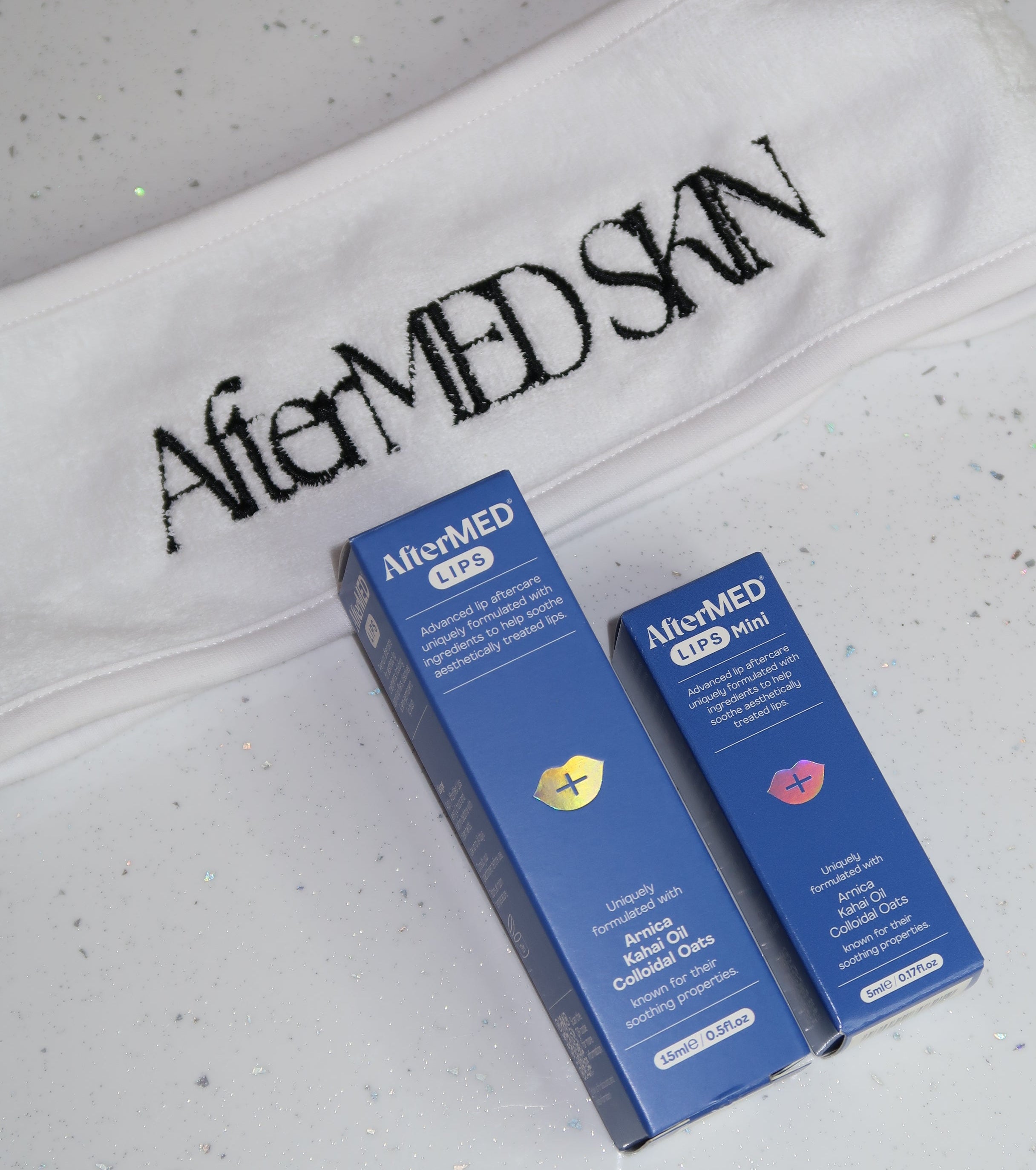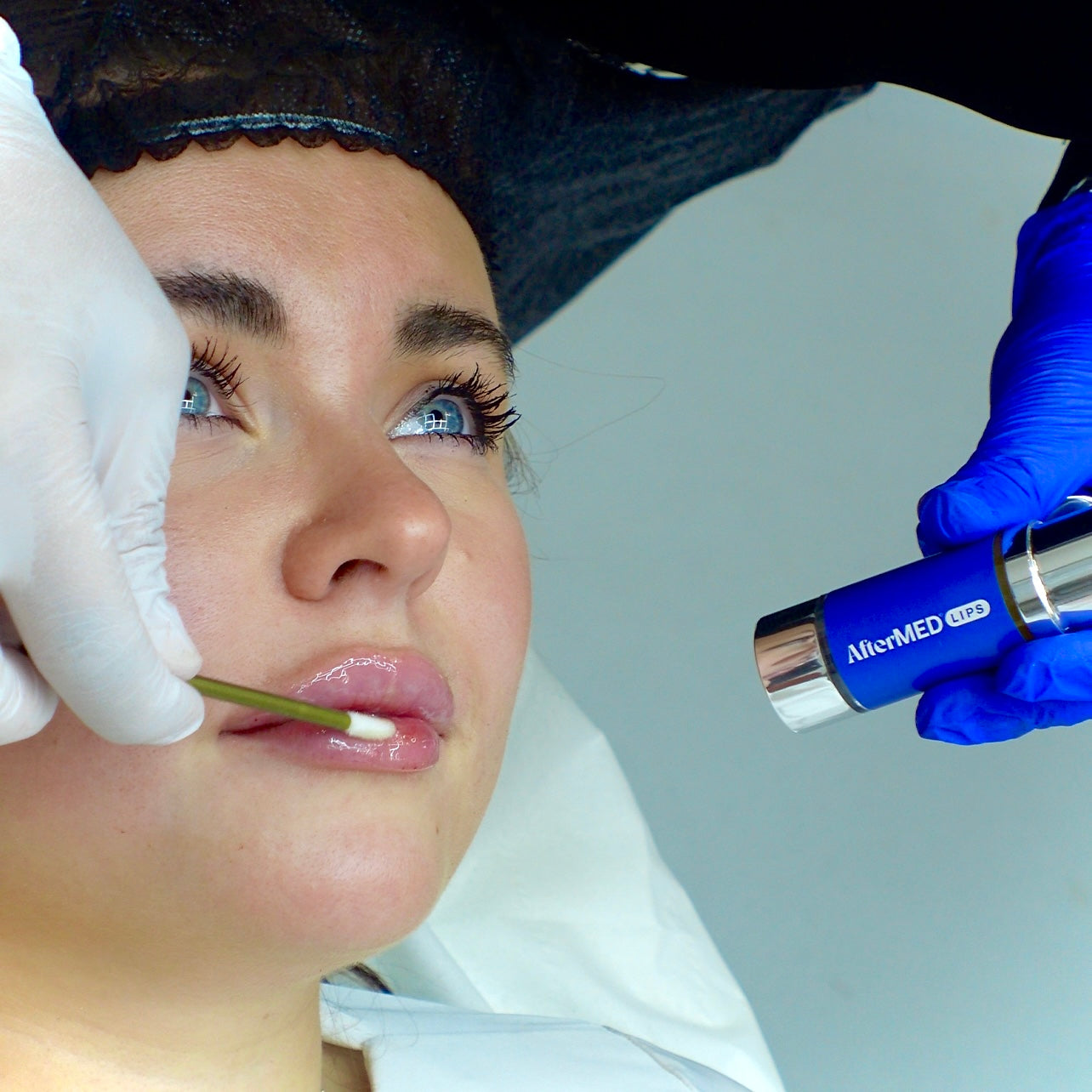
How Scotland’s New Aesthetics Regulations Could Reshape the UK Industry
Scotland is set to become the first UK nation to introduce comprehensive regulation for non-surgical cosmetic procedures, with its Non-surgical Cosmetic Procedures Bill expected before May 2026. This landmark move has sparked debate across the UK aesthetics sector, raising questions about the future of practitioners, business viability, and the practicality of such regulation.
Industry Anxiety: Practitioners Voice Their Fears
Many practitioners, especially non-medical professionals who have safely delivered treatments for years, are worried about the new requirements for registration, supervision, and risk-based categorisation. The added costs and administrative burdens could threaten the viability of small clinics and solo practitioners.
“A lot of us are self-employed or run small clinics. If Scotland is introducing supervision and extra paperwork, how can we afford it? Will we need to hire doctors or nurses just to keep our doors open?”
— Anonymous practitioner, Facebook group
Concerns about increased overheads and reduced flexibility are widespread on social media and industry forums.
Business Impact: Is Regulation Practical?
While the intention to improve patient safety is widely supported, questions remain about whether the regulations are practical for smaller businesses. Licensing fees, staff training, and premises registration could impose significant financial and operational challenges.
“It’s great to see safety prioritised, but I worry about the extra costs—will there be enough support for small businesses?”
— Sarah, Instagram comment
The Scottish Government has engaged with practitioners and small business groups to address these concerns, but uncertainty remains.
Ripple Effect: Will the Rest of the UK Follow?
Scotland’s pioneering approach may set a precedent for England, Wales, and Northern Ireland, where similar regulatory proposals have been discussed but not yet implemented.
“If Scotland’s system works, there’s no doubt the rest of the UK will follow. But we need to see how it plays out—will it be a model for success, or a cautionary tale?”
— Industry analyst, LinkedIn post
Practitioners across the UK are already preparing for potential changes by investing in accredited training and updating compliance procedures.
The Petition: Protecting Qualified Non-Medics
Amid these changes, a growing number of practitioners are signing a petition titled “Protect Qualified Non-Medics from Unfair Exclusion in UK-Wide Aesthetic Regulation Changes” hosted on Change.org. The petition argues that proposed regulations, often shaped by medical-only organisations, risk unfairly excluding experienced non-medical professionals from performing treatments they have safely delivered for years.
The petition highlights concerns that certain advanced procedures—such as Platelet-Rich Plasma (PRP) therapy and IV infusions—may be restricted solely to medical professionals, ignoring the competency, training, and safety record of qualified non-medics. This exclusion could be economically damaging and reduce public choice.
“This petition is not about resisting regulation—it’s about ensuring regulation is fair, balanced, and inclusive of all qualified professionals. We are calling for a seat at the table, a voice in the conversation, and the formal right to object to decisions that directly impact our careers, our businesses, and our clients.”
— Petition statement, supported by the Association of Cosmetic Practitioners Britain (ACPB)
The ACPB warns that excluding non-medical practitioners may push some into unregulated “backstreet” settings, increasing risks to public safety.
Sign the petition here to have your say:
Protect Qualified Non-Medics from Unfair Exclusion in UK-Wide Aesthetic Regulation Changes
Quotable Voices: What People Are Saying Online
“I’m all for safety, but I’m worried about the extra costs. Will this push prices up for clients, or will we just have to absorb it?”
— @AestheticPro, Twitter
“As a solo practitioner, I’m not sure I can afford to comply. Will there be grants or support for small businesses?”
— BeautyBizOwner, Instagram
“If this means fewer cowboys in the industry, I’m for it. But I hope the government listens to us and makes the process fair.”
— Emma, Facebook group
Conclusion: A New Era for Aesthetics?
Scotland’s new regulations represent a major step towards safer, more professional aesthetics services. However, the concerns about fairness, cost, and practicality remain front and centre for many practitioners.
The petition movement underscores the desire for inclusive regulation that respects the contributions of all qualified professionals. As the rest of the UK watches Scotland’s approach unfold, the coming months will be crucial in shaping the future of aesthetics regulation nationwide.

Why Aftercare Matters: The AfterMED SKIN Difference
At AfterMED SKIN, we are dedicated to advancing safety and excellence within the aesthetics industry, with a special focus on the aftercare sector.
As a trusted provider of innovative aftercare products, our mission is to support practitioners and patients alike by offering clinically formulated solutions that minimise downtime, support healing, and promote confidence in every treatment.
If you are a Practitioner interested in receiving exclusive insider information, invitations to practitioner events, or wholesale pricing on premium aftercare products, we encourage you to join our community of dedicated professionals by signing up.






Leave a comment
This site is protected by hCaptcha and the hCaptcha Privacy Policy and Terms of Service apply.